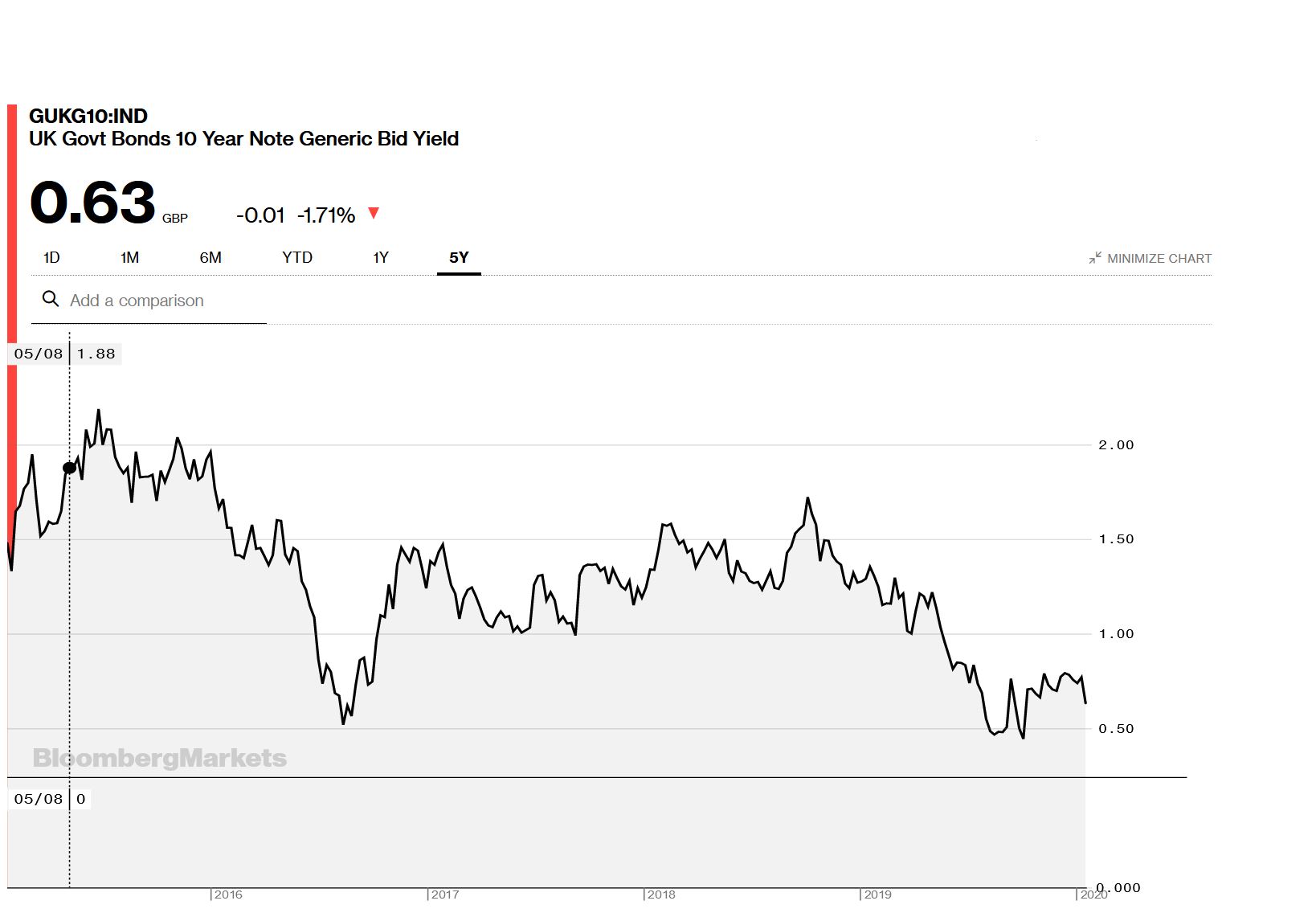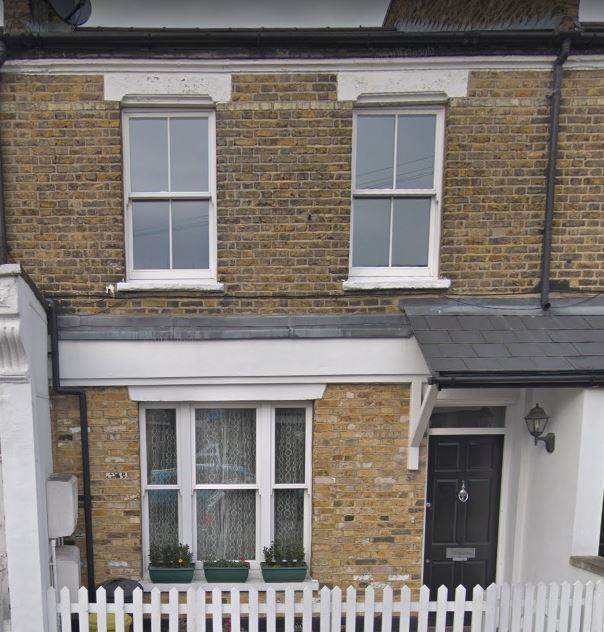
- Remove tax-free equity from your home with equity release in house under 55
- Not necessary to make monthly payments
- No product fees
- No lenders fees
- Use the money to help your family
- Stay living in your own home
No fees apart from a small valuation fee. 4.97% APR rate
Loan to value up to 70% – an example is if your home is worth £200,000 you can release £140,000.



Equity Release at 50

Equity release age 50

It’s very common to encounter individuals searching for monthly payment lifetime mortgage under 55, monthly payment equity release or monthly payment lifetime mortgage, however, Just Retirement like Aegon are keen to see paperwork to show your circumstances in the form of bank statements.
Equity Release UK Lenders – Halifax equity release under 55
- Key Retirement
- Stonehaven Mortgage
- Age Concern 4 little known truths about equity release
- equity release over 55
Applications of equity release in house under 55 – how to release equity from your home
Often used to manage inheritance tax bills and interest rates can be quite low. A low-cost way of helping the family to buy their own home or pay down your credit cards and loans, so you have more monthly disposable income.

Equity release in house under 55 LTV and over 50 equity release
- 55% home reversion plans Royal London Equity Release
- 60% loan to value home reversion schemes Legal and General
- 25% loan to value release equity in house under 55
The mortgage lender will want to know if the property is a semi-detached freehold house or a Leasehold house and if the resident is a Private Tenant.
Does Lloyds Bank do Equity Release Under 55?
Yes, Lloyds Bank Equity Release Under 55 is 2.67% APRC.
Equity Release Lenders – Release equity in house under 55
It’s very common to discover individuals seeking out lump sum lifetime mortgages, monthly payment lifetime mortgage or monthly payment equity releases, however, the Telegraph like Zurich are eager to see evidence of your situation in the form of bank statements.
UK Property Equity release for under 55
Equity release for individuals under 55 is a topic that exists largely in theoretical discussions rather than in practice within the UK financial landscape. Traditional equity release schemes, such as lifetime mortgages and home reversion plans, are primarily designed for older homeowners, typically over the age of 55. The reason for this age restriction is twofold: firstly, these products are intended to provide a solution for financial needs in retirement, and secondly, they mitigate the risk associated with the long-term accumulation of interest.
For those under 55, releasing equity from their homes poses significant risks, both to the financial institutions and to the borrowers themselves. The potential for a longer remaining lifespan means the interest can accumulate over a more extended period, possibly resulting in the debt surpassing the property’s value, despite the no negative equity guarantees often included in these schemes.
Moreover, the financial needs and circumstances of younger homeowners are typically different from those of the older demographic. Individuals under 55 are more likely to have dependents, be in full-time employment, and have different financial goals such as investing in their career, education, or expanding their property. These factors make the traditional equity release models unsuitable.
However, the concept of equity release for those under 55 isn’t entirely unfeasible. It would require a reimagining of current products, incorporating elements such as shorter terms, higher repayments, or a combination of interest and capital repayment, making it more akin to a traditional mortgage or a personal loan.
Such products would need to be carefully regulated to ensure they meet the needs of younger homeowners without exposing them to undue financial risk. As the demographic and economic landscape changes, it’s conceivable that new financial products might emerge to address the needs of younger homeowners looking to access the equity in their homes. For now, those under 55 typically need to explore other forms of borrowing or remortgaging to access the capital tied up in their property.
- Aviva Flexible Voluntary Repayment Plan
- Liverpool Victoria LV Equity Release Schemes
- More to Life Flexi Choice Voluntary Payment Super Lite
- Under 55 Equity Release mortgage options
- Nationwide Equity Release
- More to Life Capital Choice Plan
- Royal Bank of Scotland Equity Release Schemes
- More to Life Capital Choice Plan
- Hodge Lifetime Mortgage Plus
- HSBC Equity Release Plans
- Canada Life Lifetime Mortgage
- Lloyds Bank Equity Release
- RBS Interest Only Lifetime Mortgage
- Age Partnership Equity Release Schemes
- L&G Legal & General Premier Flexible Lifetime Mortgage

Does TSB offer no fee Equity Release Under 55?
Yes, TSB Equity Release Under 55 is 2.67% APRC.
Downsides of equity release in house under 55 Plans
A monthly payment lifetime mortgage can reduce the value of your estate. A lifetime mortgage with flexible drawdown cash release may impact the ability to claim benefits. You may need to pay a valuation fee, and you could have higher rates to pay with some schemes.
Does HSBC offer Equity Release Under 55?
Yes, HSBC Equity Release Under 55 is 2.67% APR.
Equity Release Under 55 Loan To Value – a mortgage at 55?
The more elderly you are and the more illnesses you have you are, the more tax-free money you can release.
Does Metro Bank offer Equity Release Under 55?
Yes, Metro Bank Equity Release Under 55 is 2.67% APR.
- Scottish Building Society Drawdown Lifetime Mortgage
- Lifetime Mortgage Lv=
- Yorkshire Bank Equity Release
- Lloyds Bank Equity Release
- HSBC Equity Release
- Yorkshire Building Society Home Reversion Plans
- Equity Release Under 55
- Lifetime Mortgage Telegraph
- Canada Life Equity Release Interest Rates
- Lifetime Mortgages Halifax
- Lifetime Mortgages Royal Bank Of Scotland
- Legal And General Equity Release Rates
- Pure Retirement Equity Release
- NatWest Drawdown Lifetime Mortgage
- Just Retirement Lump Sum Lifetime Mortgages
- Lifetime Mortgages One Family
- Marsden Building Society Lump Sum Lifetime Mortgages
- Bridgewater Interest Only Lifetime Mortgages
- Santander Equity Release
- Key Retirement Solutions Home Reversion Plans
- Lloyds Bank Home Reversion Plans
- Crown Equity Release Schemes
- Retirement Advantage Lifetime Mortgage
- Canada Life Equity Release Plans
- Hodge Lifetime Mortgage
- L&G Lifetime Mortgages
Does Metro Bank offer Equity Release Under 55?
Yes, Metro Bank Equity Release Under 55 is 2.67% APRC.

Telephone:
Release equity in a house under 55 – equity release over 50?
It’s common to be asked how to release equity from a house when you’re under 55. The best way for people with income is to get a secured loan if you have an outstanding existing mortgage or a mortgage with a big redemption penalty. If you have no mortgage or your existing mortgage is not a brilliant deal and has no redemption penalty, you should get a conventional mortgage or remortgage. If you have little or no income and some bad credit, this can be expensive.
https://www.aviva.co.uk/retirement/equity-release/
Does Barclays offer Equity Release Under 55?
Yes, Barclays Equity Release Under 55 is 2.67% APRC. Can you get equity release under 55? Yes!
Can you release equity if you are under 55?
Yes, as long as the loan to value is not too high.
What is the minimum age for equity release?
There is no minimum age, just the equity requirement.
Can you get 50% equity release?
Yes, many lenders will get 50% loan to value equity release plans.
Who qualifies for equity release?
People with equity in their main homes.
How do I release equity if I’m under 55?
You simply apply to a lender.
Why is there a minimum age for equity release?
No minimum age, just restrictions on the loan to value ratios.
What is equity release?
It’s where you pledge your home as collateral for a loan
How does an equity release mortgage work?
You sign away your home to a lender, get the money and the loan is paid back when you die or move into long term care.
What is the best age to take equity release?
There is no best age, but it’s wise to not borrow more money than you need right now, as you pay interest on it. The only time you might want to get a fixed rate equity release early is if you think interest rates are going to go up.
Can you get 50% equity release?
Yes, using many lenders’ equity release calculator you can get more than 50% LTV equity release
Is equity release ever a good idea?
Yes, it can be a very good idea as it may help you to pay off a mortgage where the lender must have their money back.
Why is there a minimum age for equity release?
With some lenders, there is no minimum age for equity release.
How do I release equity if I’m under 55?
You just fill in a form on the Hitachi Credit website and you can pick a lender.
How does an equity release mortgage work?
The interest on the loan is added onto the loan, and it is all paid back when the home is sold.
How long does equity release take?
It can take as little as 15 working days.
Is there a maximum age for Equity Release?
No, there is no maximum age for equity release plans.
Equity release mortgage under 55 and the equity release minimum age
In the United Kingdom, the concept of an equity release mortgage typically targets older homeowners, usually over the age of 55. This demographic criterion is crucial because equity release schemes are designed to provide a financial solution for those in retirement or nearing it.
These schemes allow homeowners to access the equity tied up in their property without the necessity to move out. However, for individuals under 55, accessing an equity release mortgage is generally not possible due to the inherent risks and the long-term nature of the financial commitment involved.
The equity release market in the UK is stringently regulated, with safeguards to protect older homeowners. These regulations include the ‘no negative equity guarantee’, ensuring borrowers never owe more than their home’s value, and a fixed or capped interest rate to prevent uncontrollable debt growth.
For younger homeowners, under 55, the financial landscape offers different products more suited to their stage in life and financial needs, such as remortgaging, personal loans, or extending their existing mortgage.
The exclusion of under-55s from equity release mortgages is primarily due to the potential for a longer life span, which can significantly increase the amount owed due to the compound interest typically used in these schemes.
Additionally, younger homeowners might have different financial objectives, such as growing family needs or career development, which might not align with the long-term, slow-maturing nature of equity release plans.
However, it’s important to note that the financial market is dynamic, and products evolve to meet changing demographics and financial needs. While currently, equity release is not available for those under 55 in the UK, this could change in the future as the market adapts to different age groups and their specific financial requirements.
For now, those under 55 looking to unlock the value in their homes have to explore alternative financial solutions.
Equity release calculator under 55
In the United Kingdom, a property equity release calculator designed for individuals under the age of 55 is not a standard tool in the financial sector. This is because traditional equity release schemes, such as lifetime mortgages and home reversion plans, are specifically tailored for older homeowners, typically over 55 years of age.
These calculators are intended to help these older homeowners estimate the amount of money they can release from their property. For those under 55, equity release is generally not an option due to the long-term financial implications and the potential for significant interest accumulation over a more extended period.
Younger homeowners seeking to understand the equity available in their property may need to use alternative financial tools or consult with financial advisors for options like remortgaging or taking out a loan against their property. The absence of equity release calculators for under 55s reflects the current market offerings and regulatory framework, which focus on providing these financial solutions to older, typically retired, individuals.